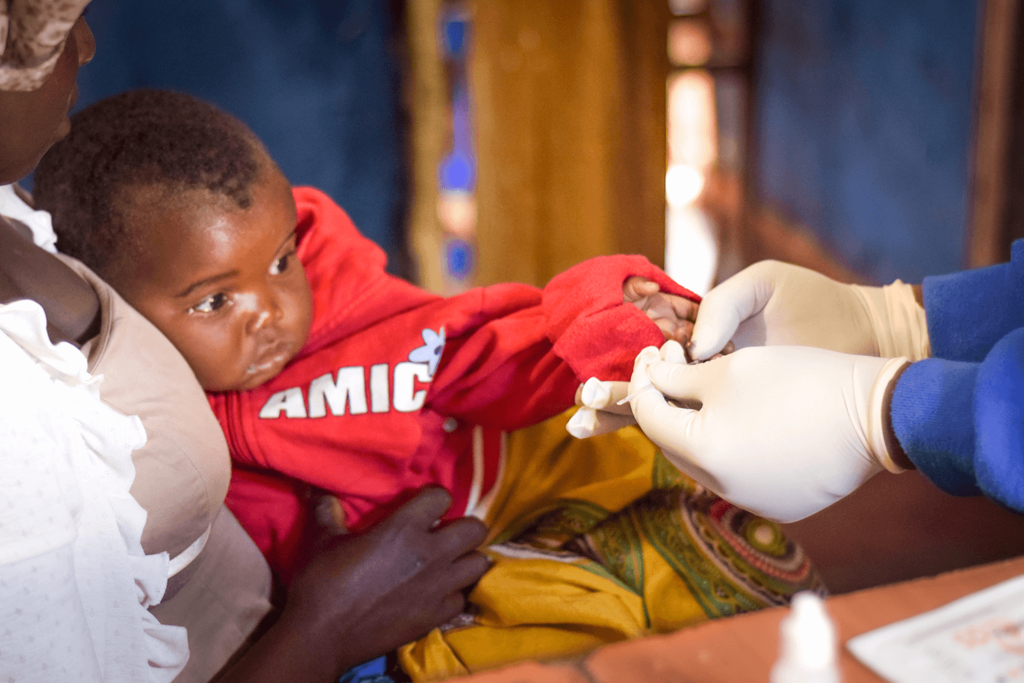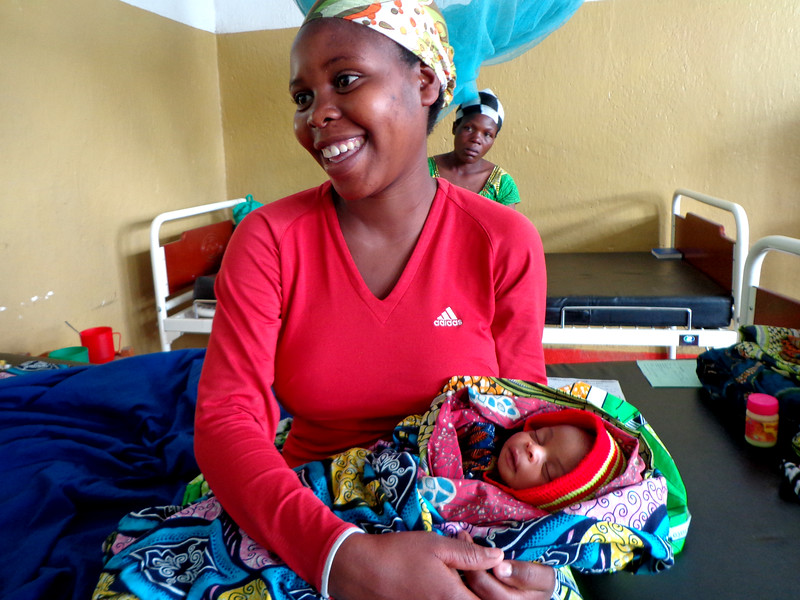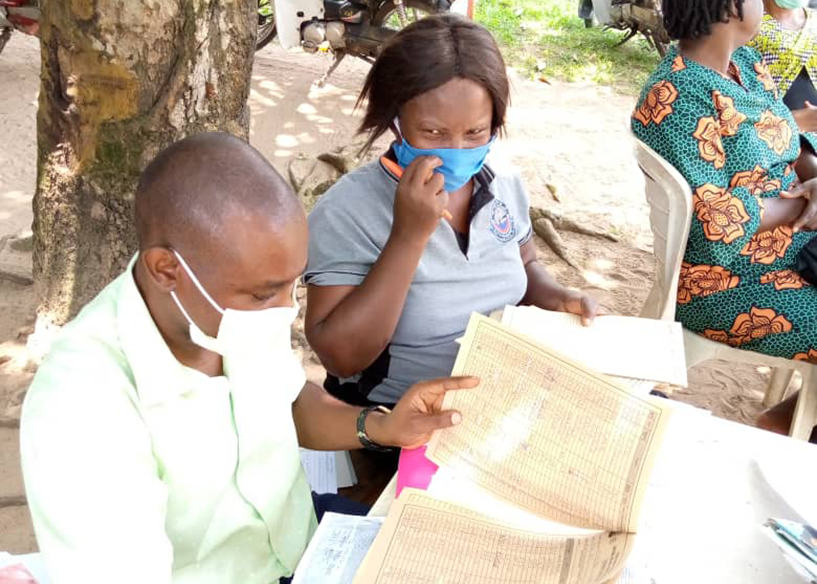Opinion: It takes a coalition to defeat antimicrobial resistance
Opinion: It takes a coalition to defeat antimicrobial resistance
by Mohan Joshi
This op-ed was originally published by Devex

Multidrug-resistant germs are spreading. A number of antibiotics and other antimicrobials already don’t work as they should, and as many as 700,000 people die each year because of it.
If we don’t act to contain antimicrobial resistance, it may kill up to 10 million more people yearly by 2050 and cumulatively cost patients and health systems across the globe up to $100 trillion. This crisis may start to seem insurmountable, like a vague scientific problem with no apparent solution. Many of us have contributed to it, and each of us will need to collaborate — as nations, organizations, and individuals — to solve it.
“Without tackling wasteful, inefficient, and irrational use of antimicrobials, we cannot contain AMR.” — Mohan Joshi, a principal technical adviser for Management Sciences for Health
Lax stewardship and unregulated use of antibiotics at every level — from weak governance to inappropriate prescribing and use — has allowed AMR to spread. A weak pharmaceutical regulatory environment is common, particularly in low- and middle-income countries that face challenges in ensuring antimicrobial product quality. The World Health Organization estimates that 1 in 10 medical products in developing countries are falsified or substandard. Globally, two-thirds of antibiotics are sold without prescription, mostly via the unregulated private sector, and about 50 percent of acute viral upper respiratory infections are treated inappropriately with antibiotics.
There are major gaps in quality of care and patient safety that also contribute greatly to AMR, particularly in LMICs, as detailed in a recent WHO report. For example, less than 40 percent of countries have put in place infection prevention and control programs for AMR containment. On average, 61 percent of health workers do not follow recommended hand hygiene practices. And health care-associated infections, mostly caused by resistant germs, already have a worryingly high prevalence in LMICs. The more we prescribe antibiotics, even with justification, the more we feed antimicrobial resistance.
Each misstep is a chance for the hardiest bacteria to further evolve to become resistant to antibiotics. Without tackling wasteful, inefficient, and irrational use of antimicrobials, we cannot contain AMR. WHO is guiding efforts to contain AMR through its Global Action Plan, which includes measures such as increasing surveillance, infection prevention and control, and optimizing the use of antimicrobials. By now, 100 countries have finalized their national action plans on AMR and more than 50 are developing theirs. The Global Health Security Agenda — which aims to make the world safe from infectious disease threats — is complementing WHO’s efforts through its AMR action package.
A major challenge for most countries, particularly those with fewer resources, is how to put these action plans to work. In both the human and animal-related sectors, stakeholders have limited capacity for and commitment to dealing with the issue. How can countries even begin to tackle the interrelated objectives of improving antimicrobial stewardship, awareness, and surveillance, as well as preventing and controlling infections?
A key initial step is to form a national multidisciplinary, multisectoral coalition of all AMR-related stakeholders. These diverse groups can simultaneously tackle complex issues that need action on a number of fronts. As well as obvious government stakeholders, coalitions need to include the private sector, consumer and faith-based groups, and civil society organizations. WHO and the GHSA emphasize the critical importance of multisectoral coordination for tackling the multifaceted problem of AMR.
Management Sciences for Health, with support from the U.S. Agency for International Development, has developed and implemented an approach to help national governments kick start the coalition-building process: Mobilize support, understand the country’s unique situation, develop an action plan, implement that plan on all levels, and monitor and evaluate results. We piloted the approach in Zambia in 2004 and have been refining it ever since.
This model can be applied at the national, organizational, or local level. In Jordan, we mobilized a multidisciplinary group of stakeholders from three hospitals that implemented an antimicrobial stewardship and continuous quality improvement program. The group developed protocols and procedures that improved antibiotic prophylaxis for cesarean sections and saved three hospitals a combined $15,300 in one year.
Faith-based and professional groups can lend critical support. For example, the Ecumenical Pharmaceutical Network, which supports the health services that churches and faith groups provide throughout Africa, made addressing AMR a priority and provided technical support to its members.
Coalitions need to extend beyond the human health sector to the veterinary, agricultural, and environmental sectors. Swaziland, for example, included representatives from the Ministry of Health, Ministry of Agriculture, Ministry of Natural Resources & Energy, and the Swaziland Environment Authority when it drafted its 2017-2021 National AMR Containment Strategic Plan. The plan clearly delineates priority activities for the human health, animal health, agriculture, and environment sectors.
Lastly, we need to educate patients and the public, from mass media messaging to the doctor’s office. After all, per WHO, about half of all patients worldwide do not adhere to recommended medications. Ethiopia’s Food, Medicine and Health Care Administration and Control Authority, for instance, developed a media relations strategy to get the word out about AMR. Broadcasters and publications produced hundreds of messages in 10 languages.
Gathering these often disparate groups can be challenging and requires strong leadership and advocacy. But it is only by coordinated action that we’ll be able to provide the united front we need to defeat AMR.


